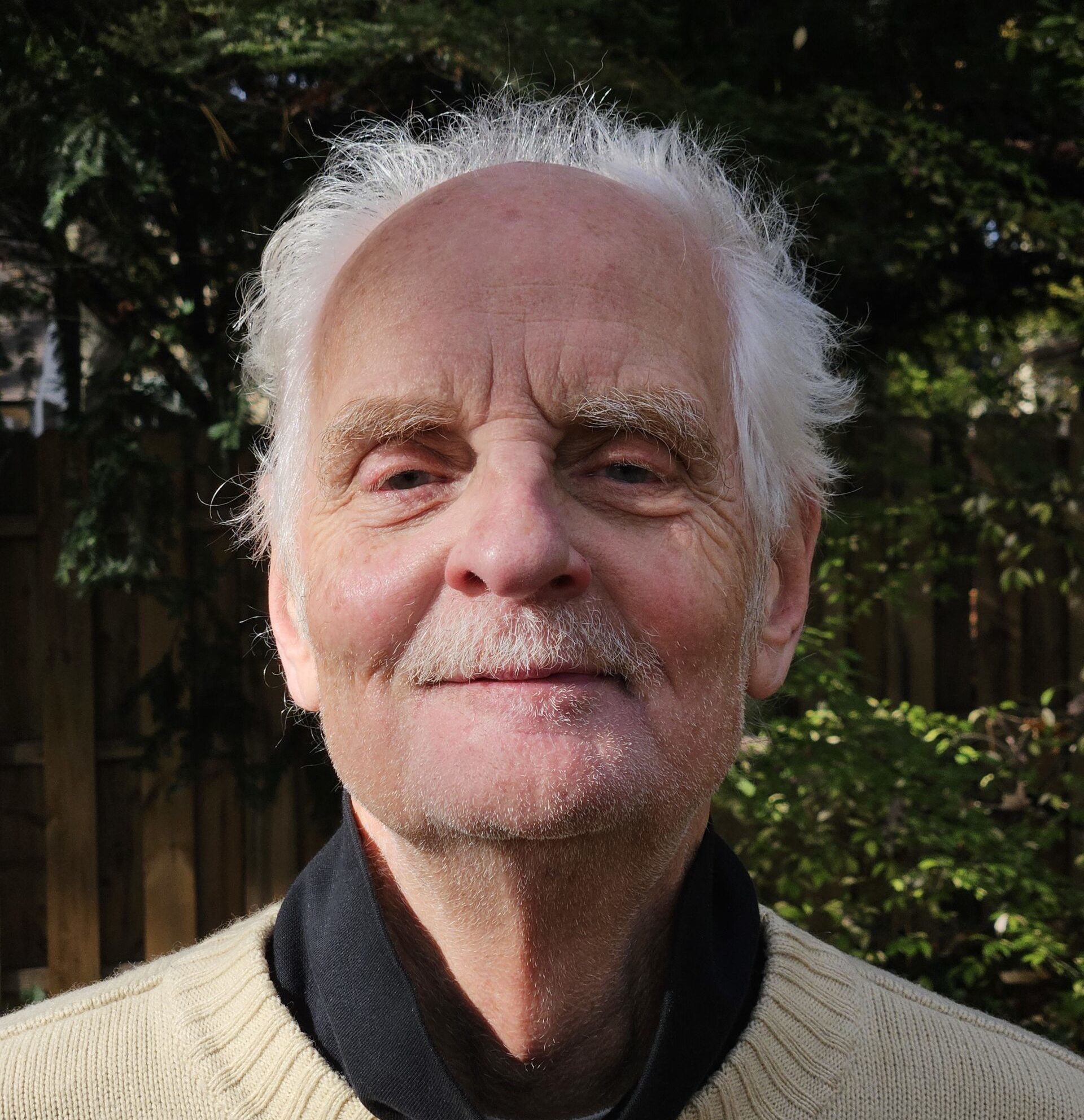
Al Heystek
Locations
Online/virtual
Services
Group CounselingIndividual Counseling
Credentials and Licenses
MA, LPC, MDiv
Therapist Email
Biography
Al Heystek, a licensed therapist and ordained clergy person, specializes in spirituality, accountability, and empathy, drawing from his background as a school counselor, urban ministry experience, and work in drug and alcohol treatment. His inclusive approach to spirituality creates a welcoming environment for clients with diverse beliefs. Al offers specialized services like Eye Movement Desensitization and Reprocessing (EMDR) and facilitates various group therapy sessions. He guides men on a journey of personal growth, fostering healthier relationships and interconnectedness.
Al Heystek is a Licensed Professional Counselor and ordained clergy person. He has been a therapist with the Men’s Resource Center of West Michigan at Fountain Hill since 2002. Al’s history prior to coming to Fountain Hill includes work as a school counselor, being on an urban ministry team in Chicago, and working for over 8 years in drug and alcohol treatment and recovery work with men. Al’s current practice revolves around spirituality, accountability, and empathy.
Special Services:
- Eye Movement Desensitization and Reprocessing (EMDR)
Group Therapy Services:
- Men’s Anger Management Group
- Men’s Domestic Relationships Group
- Men’s General Therapy Group
- Men’s Sexual Addiction Group
- Men’s Substance Abuse Group
Many of the clients Al sees have religious beliefs and practices; others are agnostic or atheist. In order to encompass this range of beliefs, Al believes it is vital to have an inclusive and universal definition of spirituality. Discussions with clients have produced the following definition: “spirituality is simply living with a spirit of love and respect for myself and others.”
To love and respect “myself and others” requires us all to develop a consciousness that is becoming more awake, more aware of how our actions and attitudes impact others and ourselves. This accountability has to do with embracing a journey of learning how to do genuine self-care while allowing and encouraging others to do the same. This journey, this process of growth and change, has to do with relationships and connections, a sense of belonging, acceptance, and community. We need others. We need each other. “You alone can do this journey, but you cannot do it alone.”
Al’s work with men includes the opportunity for men to discuss how male socialization has affected them: by leading to shame-filled “hard on ourselves and others” narratives, distorted relationships with and attitudes towards women, trouble with being emotionally vulnerable, and a tendency to take too much or not enough control.
Many of the men referred to Al have significant trauma which, if addressed, can assist them in becoming more whole and accountable. Al encourages clients not to look to the past as an excuse for current behavior, but to examine and learn from the past in order to forge out a healthier future.
The ACE (Adverse Childhood Experiences) Study reminds us that there are a myriad of experiences that can lead to a person carrying trauma. We do not need to have PTSD symptoms to have trauma. EMDR (Eye Movement Desensitization and Reprocessing) is an effective way to address trauma without needing to discuss the often-shameful details of a traumatic experience.
Another aspect of Al’s current practice is group facilitation. Individual counseling gives men a great opportunity to gain in self-understanding and self-acceptance. Group counseling gives men the chance to understand others. In the “laboratory” of a therapy group, men get to hear other men speak to the same pain, isolation, shame, and woundedness they themselves carry. In group, men benefit from sharing, but also from listening to others and discovering they are not alone in their struggles. In group, men learn they can hold onto their independence while learning an interdependence that allows them to create healthier relationships with themselves and others.
